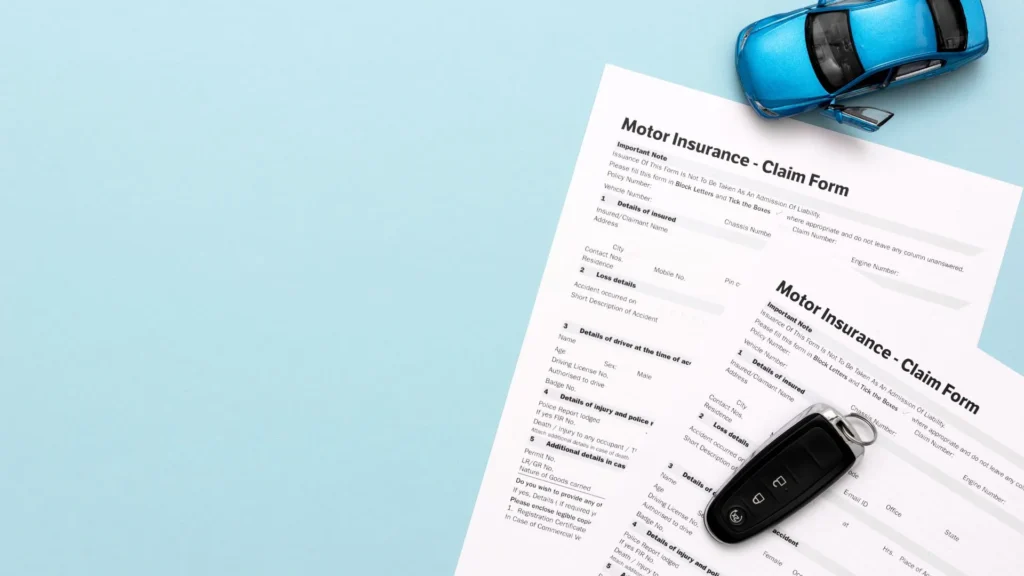A car accident can be a distressing and overwhelming experience. In such situations, remain calm and take immediate action to ensure your safety and others’ and protect your legal rights. This comprehensive guide will outline the top 10 steps to take after a car accident. By following these steps, you can effectively navigate through the aftermath of an accident, ensure your well-being, and safeguard your legal interests.
Prioritize Safety: Assess and Move to Safety
After a car accident, the safety of everyone involved should be the primary concern. Try and move your car to the side of the road or a safe area to prevent further collisions and reduce the risk of injuries. Turn your hazard lights on and use warning signs to alert other drivers.
Check for Injuries: Seek Medical Attention
Immediately check yourself and others involved in the accident for injuries. If someone is injured, call emergency services right away. Even if injuries seem minor, it is advisable to get medical attention. Prompt medical evaluation can ensure early detection and proper treatment.
Contact Authorities: Report the Accident
Regardless of the accident’s severity, it is essential to report it to the police or relevant authorities. Contact local law enforcement authorities and provide accurate details about the incident. The police report will be crucial documentation for insurance claims and potential legal proceedings.
Document the Scene: Gather Evidence
Gather evidence at the accident scene to protect your legal rights and support any claims you may file. Take footage of the damage to all vehicles involved, skid marks, traffic signs, and the overall accident scene. Collect witness statements, including their contact information. These pieces of evidence can be valuable during the claims process.
Exchange Information: Obtain Contact Details
Exchange details with the other driver(s). Collect their full name, contact number, address, driver’s license number, license plate number, insurance details, and the make and model of their vehicle. Similarly, provide your information to the other party involved.
Preserve Documentation: Organize Your Records
Keep all documentation related to the accident in a safe place. This includes police reports, medical records, correspondence with insurance companies, and any receipts or invoices for expenses incurred due to the accident. Organizing your documents will make it easier to provide evidence and support your claims later on.
Understand Your Rights: Know Your Laws
Know the laws and regulations regarding car accidents in your jurisdiction. Each state or county may have specific rules governing fault determination, insurance coverage, and time limitations for filing claims. Understanding your rights and obligations can help you navigate the legal landscape more effectively.
Take Care of Yourself: Focus on Recovery
Recovering from a car accident involves physical healing and emotional well-being. Follow your healthcare provider’s instructions, attend rehabilitation if necessary, and prioritize self-care. Reach out to friends, family, or support groups for emotional support during this challenging time.
Insurance Tips After You’ve Been in an Accident
To ensure a smooth claims process and maximize your insurance coverage, taking the following steps after the accident is essential:
Contact Your Insurance Company: Report Promptly
One of the first steps is to promptly call your insurance company. Let them know about the incident. Please provide them with accurate and detailed information about the accident. This will initiate the claims process and allow the insurance company to assign an adjuster to your case. Prompt reporting helps prevent potential coverage issues and ensures a timely claim assessment.
Cooperate With Insurance Adjuster: Give Accurate Information
When the insurance adjuster contacts you, cooperate fully and provide accurate information about the accident. Be honest and transparent about the details of the incident, including the extent of damages and any injuries sustained. Accurate information helps expedite the claim process and ensures a fair assessment of your damages.
Document the Damages: Gather Evidence
It’s crucial to document the damages caused by the accident to support your insurance claim. Take photographs or videos of your vehicle’s damage from multiple angles. If there are visible injuries, document them as well. Record any repair estimates, medical bills, and other relevant documentation. This evidence will strengthen your claim and provide proof of the extent of the damages suffered.
Keep Detailed Records: Maintain Documentation
Throughout the claims process, keep detailed records of all interactions with your insurance company, including phone calls, emails, and letters. Note the names and contact information of individuals you speak to, as well as the dates and times of the conversations. This documentation will be valuable if any issues or disputes arise during the claim settlement process.
Be Mindful of Settlement Offers: Evaluate Fairness
When your insurance company presents a settlement offer, carefully evaluate its fairness. Consider the extent of damages, medical expenses, potential future costs, and any pain and suffering endured. If you believe the offer is inadequate, negotiate with the insurance adjuster or seek legal advice so you get the money you deserve.
Conclusion
Experiencing a car accident is traumatic, but by taking the proper steps afterward, you can protect yourself, your rights, and your overall well-being. Communicate with your insurance company and, if needed, seek legal advice. Understand the laws and maintain comprehensive documentation. Lastly, focus on your recovery, both physically and emotionally. By following these ten essential steps, you can effectively navigate through the aftermath of a car accident and set yourself on a path toward recovery and resolution.





























